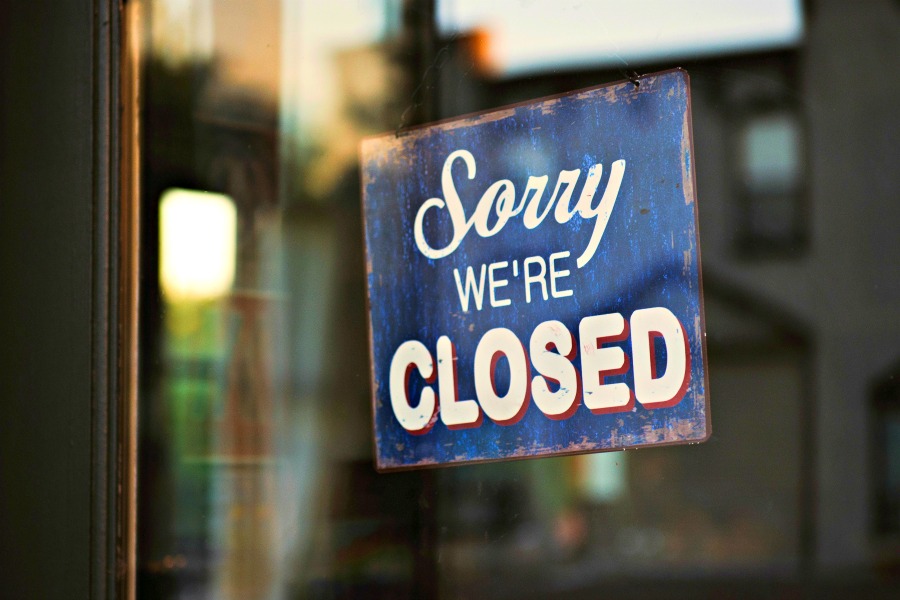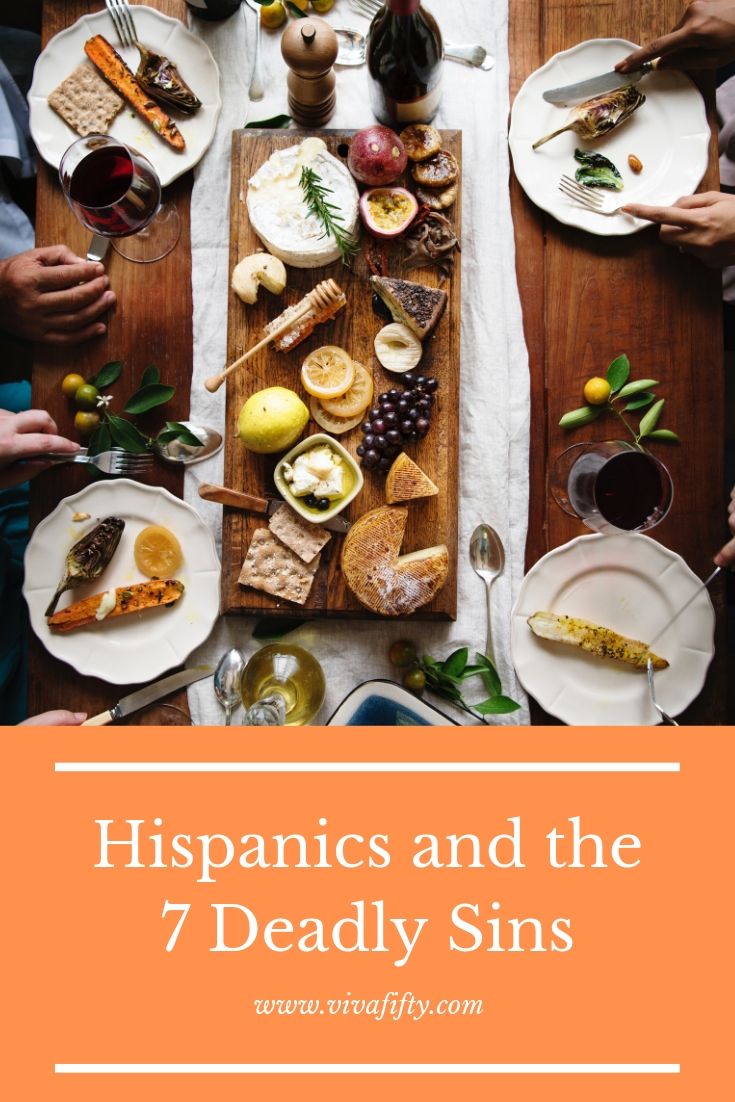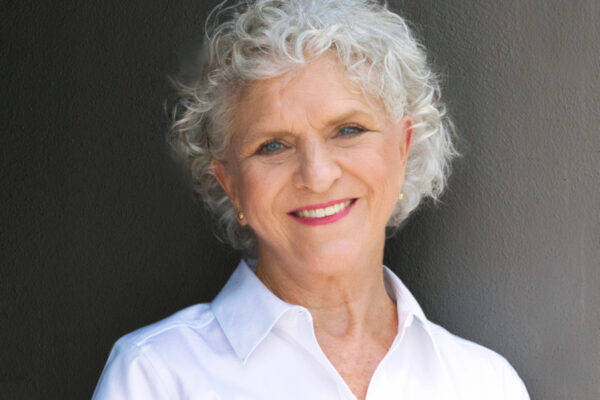Fernando Díaz-Plaja, a Spanish writer (1918-2012) published El español y los siete pecados capitales, (Spaniards and the 7 deadly sins) which was followed by studies on the French, Americans, Italians…with great public success.
I did not read these books which I deemed superficial, like this post I am writing; and I admit this because to judge people is easy, albeit impossible.
A contradiction? Not really. It is easy to kick back, relax and start finding fault with others.
Impossible because to properly judge the mindset of our countrymen, or culturemen, is beyond the reach of even neuroscientists. But it is fun and harmless, at least in this case. Let us indulge.

Here are the 7 deadly sins I have detected in Hispanics at large:
1. Procrastination
Never do today what you can put off till tomorrow. “Mañana, mañana”. Ask any American and he will tell you.
Tomorrow, it seems, never comes… why bother then?
In 1833 –yes, 1833- Mariano José de Larra wrote a short article entitled “Vuelva usted mañana”.
A Frenchman comes to Madrid for a few days to make some business… and as he is told vuelva usted mañana everywhere he finally goes back to Paris empty-handed and in despair.
2. Envy
The success of others is seen as luck. They do not try to emulate, but emasculate.
If that guy next door has been promoted it is probably because he has introduced his wife to the boss.
If you publish a book and it sells, they will say you have plagiarized it.
If you make money, you will hear the gossip that there is something fishy about your business. Nothing is due to your efforts.
3. Caciquismo
Cronyism. It is not a thing of the past. It is sad to admit that caciquismo is very much alive and doing very well, thank you.
The word cacique has entered the English language as “(in Spain and Latin America) a political boss on a local level.” Or national level, I might add.
4. Amiguismo
The sin of helping and favoring friends, amigos, over others. Politicians appoint their amigos to nice sinecures.
Professors give A’s to the children of their amigos, whether they study or not.
Cronies always come first: at universities, hospitals, banks, business… amigos come before the fittest, the best.
5. Fear of change
This is a peculiar trait because the conquistadores did not fear anything.
They crossed the Ocean, and left all behind –family, friends, country- and met the unknown face to face, and plenty of hardship.
Ditto with all the Hispanic immigrants who came to this country, seeking a better life.
And yet, deep down, change is dreaded. A move to another city, a different job, a neighborhood, a new educational system, a new language…
6. Viewing work as a curse
This belief in work as a divine curse has prompted the use of fiestas, siestas, puentes, vacaciones, procesiones…Semana Santa… all to get away from the accursed job, from work.
And now the paradox: Hispanics work more, and sleep less, than any other culture group.
7. Gluttony
Eat, eat, eat until they burst at the seams. When they run into one another, they celebrate by eating.
They have no real breakfast because they are thinking of the rest of the meals and want to have plenty of room for them in their stomachs.
Truth be said, -a cliché idiots are wont to repeat-, Hispanic cooking is superb in its variety and deliciousness. No wonder we love to eat. My favorite dish –among many- is Chile con carne.
What do you make of the above? Take it all with a grain of salt, cum grano salis, as the Romans used to say.
Also Read: What to expect if you’re invited to a Latino celebration






Leave a Reply